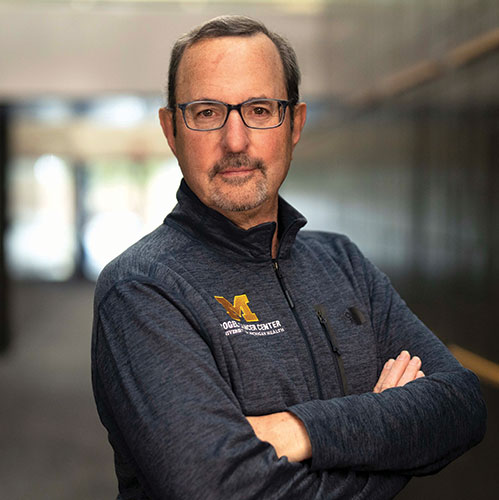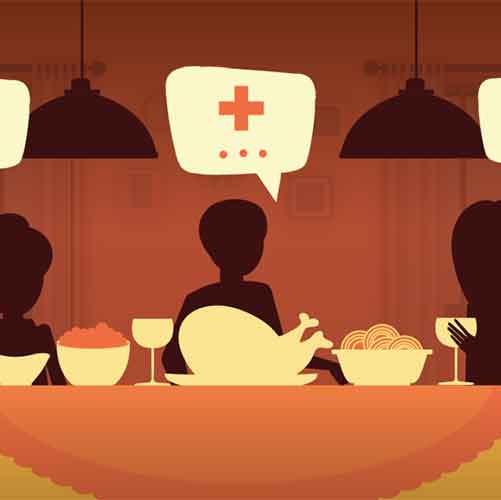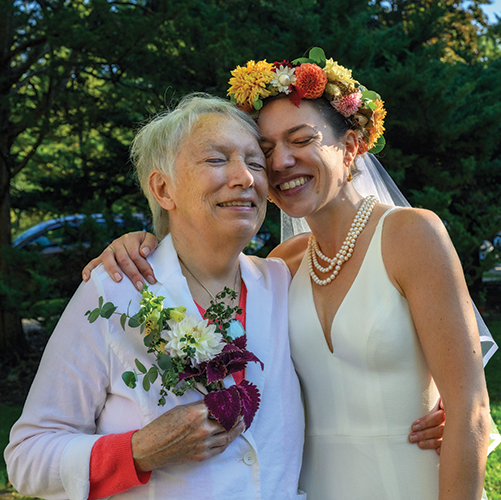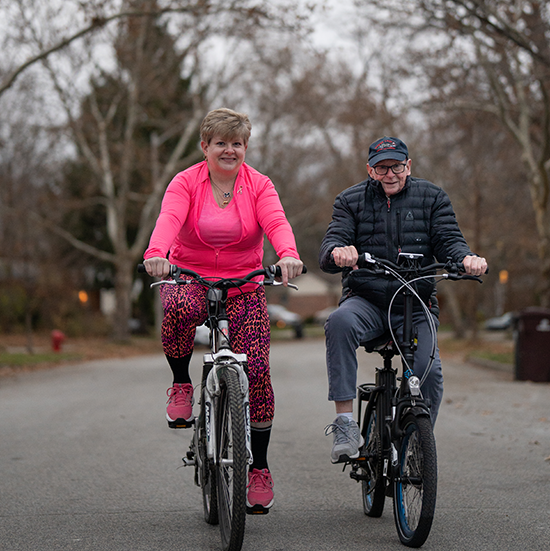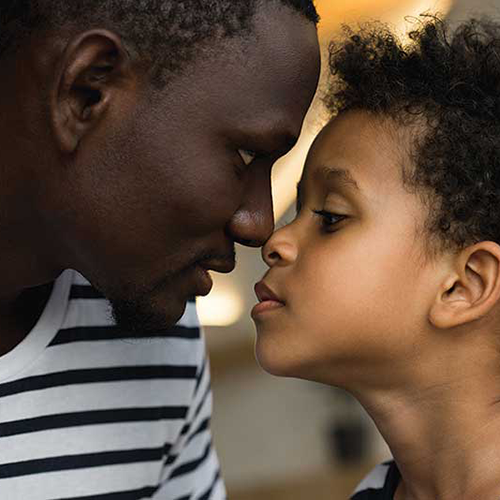Get THRIVE and Living with Cancer content in your inbox!
Sign-up for our e-newsletter showcasing patient stories, news around detection and treatment of cancer and exciting breakthroughs in research.
Follow this link and sign-up today!
Choose a Section:
Get THRIVE and Living with Cancer content in your inbox!
Sign-up for our e-newsletter showcasing patient stories, news around detection and treatment of cancer and exciting breakthroughs in research.
Follow this link and sign-up today!

